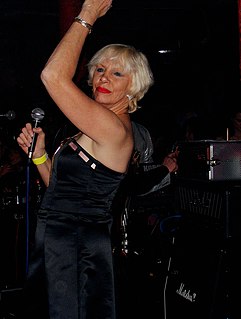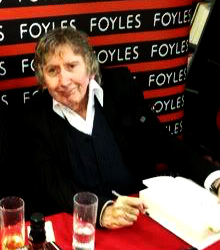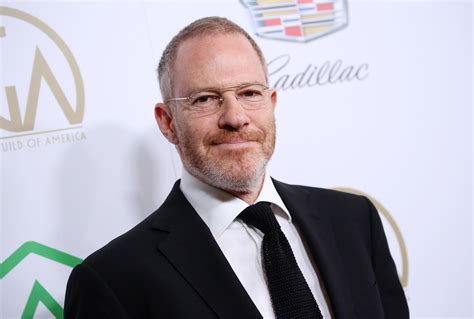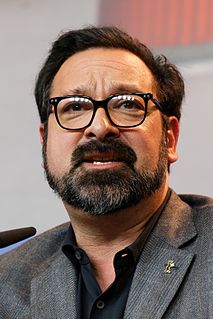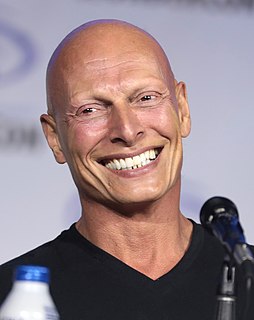A Quote by Angela Bowie
What adults don't always understand is that to a kid, a comic book is like a movie. My Marvel comics took my imagination to other places - other galaxies.
Related Quotes
I think my printing to this day looks like the printing right out of a comic book. Actually, I always wanted to be in a comic book. I watched cartoons when I was a kid, too, and both comics and cartoons lit fire in my imagination. This realm holds a lot of interest for me, a lot of passion for me. So to be comic-ized, yeah, that's cool.
I came in with a very specific idea about what a Doctor Strange movie should be, which was rooted in the comics, and I thought it should be as weird and as visually ambitious compared to modern comic book movies as the comic was when it showed up in the '60s compared to other comic books at the time.
When I was a kid, back in the '40s, I was a voracious comic book reader. And at that time, there was a lot of patriotism in the comics. They were called things like 'All-American Comics' or 'Star-Spangled Comics' or things like that. I decided to do a logo that was a parody of those comics, with 'American' as the first word.
Comic books sort of follow with the move - if people see the movie and if they're interested in the character and want to see more of the character, they start buying the comic books. So a good movie helps the sale of the comic books and the comic books help the movie and one hand washes the other. So, I don't think there's any reason to think that comics will die out.
